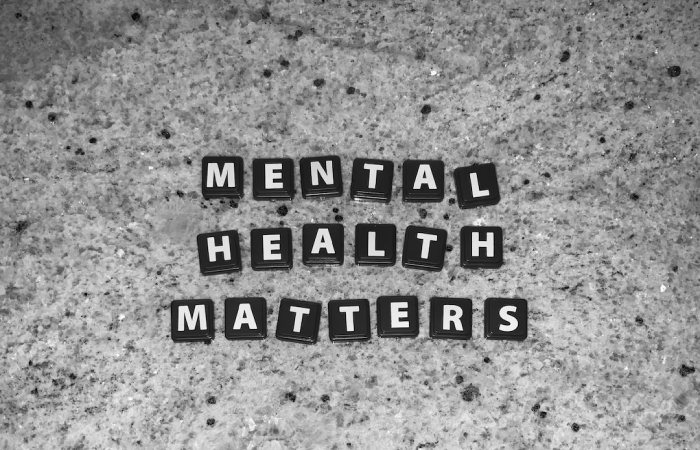Peer-to-Peer Support for Mental Health: As individuals navigate the complexities of mental health conditions, the demand for a more personal and relatable form of support grows. Peer-to-peer support offers a unique avenue of acceptance, understanding, and shared experiences that conventional therapy may not cover. It’s a space where individuals can connect with others who have walked similar paths, find encouragement, and realize they are not alone in their struggles. This approach has been gaining ground in the mental health community for its ability to provide solace and practical advice outside traditional therapy settings. Keep reading to learn more!
Understanding Peer-to-Peer Support in the Context of Mental Health
Peer-to-peer support is a system in which individuals who have experience with mental health challenges assist others facing similar issues. The premise of this model is built on empathy and shared experience, creating an environment that fosters mutual understanding.
The principle behind peer to peer support for mental health is that people who have navigated their own mental health journeys bring valuable insight to the table. This lived experience creates a sense of credibility and trust that can be more difficult to establish in other therapeutic relationships. Participants in these programs are often more open to receiving advice and support from peers, as they see them as equals who genuinely understand their plight. This form of support often takes place in informal settings, such as support groups, online forums, or through structured programs designed to offer guidance and camaraderie.
Peer-to-peer support isn’t meant to replace professional therapy but rather to complement it. Those engaging in this kind of support may find that sharing their stories and strategies for coping can not only assist others but also reinforce their own progress. Moreover, this type of interpersonal connection can reduce feelings of isolation, a pivotal element in the recovery process.
Benefits of Peer Support for Enhancing Emotional Well-Being
One of the key benefits of peer support is the normalization of mental health struggles. As individuals share their experiences, they uncover common themes and challenges, which can de-stigmatize mental health conditions. This environment promotes openness, where individuals can speak freely about their emotions and challenges without fear of judgment.
Another significant advantage is the sense of empowerment that comes from helping others while helping oneself. Engaging in peer support can inspire participants to take an active role in their recovery. It can foster a sense of purpose and self-worth, which are major components of emotional well-being and mental health resilience.
Furthermore, peer support often leads to the formation of strong social connections which can serve as a reliable safety net. The bonds formed through shared vulnerability can be incredibly impactful, not just for immediate relief but also for long-term mental health maintenance. These connections can be a source of ongoing strength, well outside the confines of any formal therapy session.
Implementing Peer Support in Your Life: Steps Towards Mental Wellness

To incorporate peer support into one’s life, the first step is seeking out communities or groups that resonate with personal experiences. There are many forms this can take, from local support groups to online communities. The key is to find a space where one feels safe and understood. Staying flexible and adaptive ensures that peer support remains a positive force in the journey toward mental wellness
Participation in peer support can start at any level, from observing and listening to actively sharing and contributing. It’s essential to take things at one’s own pace and respect personal boundaries while gradually building trust with the group. Opening up can take time, and it’s important to allow that process to unfold naturally. Still, while it can be rewarding to help others, don’t neglect your own needs in the process. Managing personal mental wellness should always remain a top priority.
Overall, the integration of peer support into mental health care represents a vital expansion of resources and empathy for those seeking healing and connection. By connecting with peers who understand the nuances of their struggles, individuals can reinforce their well-being and foster a sense of community that uplifts their journey toward recovery.
Altogether, peer support is a powerful complement to traditional therapy and a testament to the strength found in shared human experiences.
